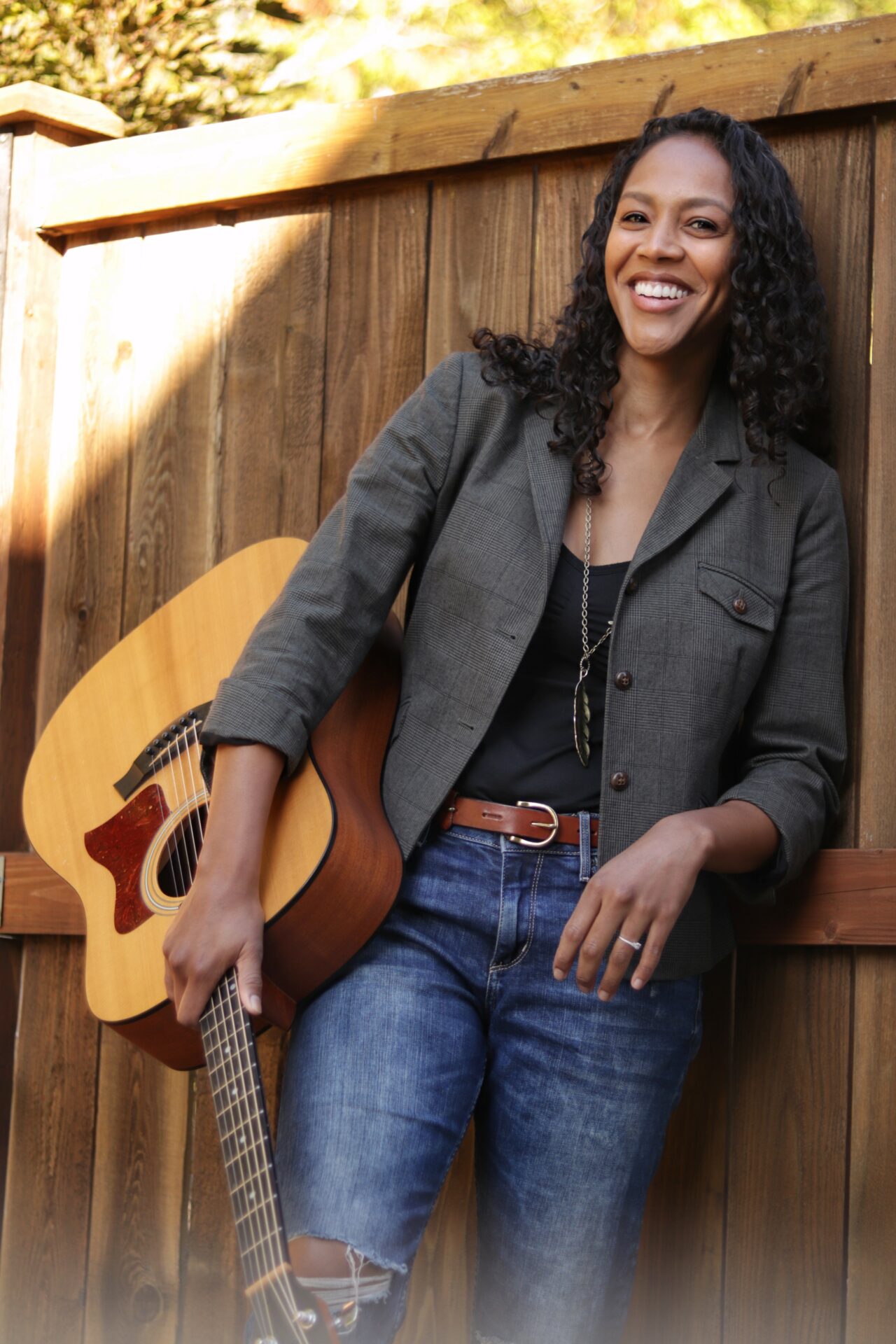Alright – so today we’ve got the honor of introducing you to Lakin. We think you’ll enjoy our conversation, we’ve shared it below.
Lakin, so good to have you with us today. We’ve got so much planned, so let’s jump right into it. We live in such a diverse world, and in many ways the world is getting better and more understanding but it’s far from perfect. There are so many times where folks find themselves in rooms or situations where they are the only ones that look like them – that might mean being the only woman of color in the room or the only person who grew up in a certain environment etc. Can you talk to us about how you’ve managed to thrive even in situations where you were the only one in the room?
Ever since I was little, I have found myself drawn to spaces that just happen to be male-dominated. Sports were virtually always a big part of my life and that continued into my adult life. However, it was music that ultimately became my greatest passion.
Stepping into that world was as invigorating as I expected it to be. Most people don’t get the opportunity to see legends perform up close, but I had quite a unique opportunity. I was able to watch my dad, who is an incredibly talented musician himself, play with so many phenomenal musicians and artists in my developmental years—people like George Benson, the jazz giant who brought us classics like “Breezin’”, “On Broadway”, and “Give Me The Night”. Watching the synergy on those stages and in those rehearsals left a lasting imprint on me.
Back then, being enveloped in live music didn’t seem like a business to me, but as I grew more aware of the music world as it was, I began to understand that it was not only a challenging business, but one that was dominated and ruled largely by men. I rarely saw women who were musicians, unless they were lead or background singers. Scarcely were there ever any female music executives I met. And | never saw any women occupy the producer or engineer role, ever.
Today, we are starting to see more women in these roles than ever before; in small numbers, still, but at least on the rise. When I was coming into my own as a musician, though, I would be lucky to witness any women in these spaces, especially women of color.
When I started thinking about how I wanted to navigate my music career coming out of high school, I decided that I would attend a public university and try to get into a music program. My parents have always been the most supportive people when it comes to my endeavors in music, so they were behind me, whichever way I chose to go. But I will never forget one paramount piece of advice my dad gave me: As a woman, learn your music theory.
My dad was a self-taught percussionist who learned everything by ear. Being a leader of a band himself, he learned how restrictive it could be trying to communicate with his bandmates when he “didn’t speak the language”. Knowing that I had become so specific and detail-oriented with how I created my music, and how passionate I was about how that music ought to be presented to the world, he knew that speaking the language of music would be an important tool for me.
But being a woman added another layer to this. He told me that the stigma in the industry was that female singers often didn’t know how to communicate in music terms. So his thinking was, don’t give anyone any reason to invalidate your work by not speaking in the terms that they use. I will say, this has proven to be one of the best pieces of advice I have received, which has helped my career to this day.
With that guidance always in the back of my mind, I began my professional music journey at Cal State Long Beach as a Music Performance major with an emphasis in Jazz Studies. There, I found more women who were also studying to be professional musicians, but we were very much in the minority. Despite the epic disparity, I was lucky to find that the male musicians who I recruited to play in my band didn’t seem to patronize or minimize me as the female leader of the band.
Perhaps that was partially because I spoke the language and partially because I had wonderful relationships with the people who shared the stage with me. In my experience, the singlehanded most important qualification that one can bring to the table is being an earnest person to work with. There may have even been moments that I wasn’t even aware that someone may have been questioning if I was qualified because I am a woman. Nonetheless, maybe just by being a respectful person with a good work ethic, I dispelled that stereotype in the arenas where people might have had that prejudice.
That being said, there have been plenty of times in which I did feel those small moments where my gender implicitly or explicitly brought my qualifications into question. That’s the thing about microaggressions: sometimes they can’t even be pinpointed with language, they are just felt.
One example of a very explicit one happened to me on a stage in an American Idol-type competition. A very well-established, reputable music colleague and friend of mine had invited me to be a part of a new show that he was trying to pitch to a network, in which each contestant would play an original song with the house band for the studio audience and the three judges. I played my song and received a warm reception from the audience, then heard from the judges.
One of the judges, alongside my music friend, was a very well-known music executive & producer who will remained unnamed. I think I was so astounded at the sexism that came out of his mouth that I erased some of the memory, but I remember him saying something along the lines of, “Yeah, it was pretty good, but I think you were just trying to be too cute instead of really focusing on the music.” “Trying to be too cute” is the explicit phrase that always stands out in my mind about that moment.
Sometimes being a woman in the industry is having your talent come second to the way that you look. Sometimes it’s having the way that you look then be used against you as some sort of gender-specific paradox: be attractive to the male gaze, but don’t be too attractive, lest it distract them or they won’t take you seriously. Sometimes it’s having to witness a man say something to you he would never dare say to another man, and leave you wondering how many other men simply didn’t have the courage to say what they really thought of you to your face. I guess I should thank him for saying it out loud and giving me a direct look into the casual sexism women find so readily in this business; or in most businesses, for that matter.
I do feel lucky that instead of internalizing instances like this throughout my career, I’ve mostly been able to rely on my self-worth, my extensive knowledge of music theory, and the privileged inside look into the industry that I was blessed with growing up. It surely doesn’t hurt that I also have a solid support system to help me navigate through the madness, or at least laugh it off.
Being a woman, and also being Black, Mexican, and bisexual, all but ensures my own unique perspective from which I write. But at the end of the day, those things are not generally what people connect with most. When an artist can create a soundscape that evokes specific emotions, and use words that can poetically speak to the depths of the soul, to me, that is what makes music a success.
Through all of my experiences, whether it be through a live show, a studio session, or interactions on social media, my greatest successes come from the special musical connections I make with people, brought to life by the shared experiences of being human. Being who I am is just the brush in painting a magical picture.
Great, so let’s take a few minutes and cover your story. What should folks know about you and what you do?
My parents noticed my keen interest in music at an early age and so they began to teach me the basics of singing and piano before grade school. I graduated to my second instrument, playing the alto saxophone in the school band, which I played from elementary school through high school. I fell in love with the guitar at 13, and it has since become my primary instrument of choice. Through my dad, I’ve always had a fondness for percussion, so I have dabbled with different percussion instruments, as well as the bass guitar.
I love being able to write songs, imagining what the final outcome will be. In the same way that my interest in music piqued when I was a child, I began to be incredibly curious of the production side of music creation. Since college, my love for production has grown into a budding career. Then, once the world stood still, resulting from the pandemic shutdown—and subsequently, having two kids in 3 years—my live music career was mostly put on hold. So, I shifted my energy toward learning more about mixing and production.
Now that I have a solid home setup and I’m learning more about production with every mix, my aim is to release more music in the near future; that is, if I can get some free time between my beautiful 9 month old and 3 year old!
If you had to pick three qualities that are most important to develop, which three would you say matter most?
Three qualities that have been incredibly helpful in my journey are delving into vulnerability, learning how to persevere, and being a respectful person to work with.
Vulnerability is so important when you’re trying to write songs that are unique, but that will also hit emotions that anyone can relate to. I’ve heard it said before to “write what scares you.” That vulnerability is what is going to set your music apart.
In this industry, rejection is inevitable. For anyone wondering how to push through when rejection feels like it is holding you down, I have found that it helps to have a strong support system. It can be family, a group of like-minded people, or even just one great friend. Have someone in your corner reminding you of what you knew when you began your music journey: that no one else can tell your story, no one else can be you, and that you have something special to offer the world through your unique gifts and talents.
Lastly, it might seem trite, but perhaps the most important quality that has impacted my journey is being a decent person with everyone that crosses your path. My dad has this saying: “The people you see on the way up are the same people you see on the way down.” It might not seem like a very big deal, but it truly is of the utmost importance to treat people with respect in every arena. You typically know why you might get any given job, but you may never know what jobs you lose because of how your interactions go with someone. Always be respectful, always be humble, always have integrity. Those things will sometimes take you much further than just talent alone.
One of our goals is to help like-minded folks with similar goals connect and so before we go we want to ask if you are looking to partner or collab with others – and if so, what would make the ideal collaborator or partner?
Since I am working on building my production portfolio, I would absolutely love to work with other singers, songwriters, musicians and/or producers on new music projects! If there are any people out there who might be interested in collaborating, please feel free to reach out through social media or through the contact form on my website: lakinmusic.com.
Contact Info:
- Website: lakinmusic.com
- Instagram: instagram.com/lakinmusic
- Facebook: facebook.com/lakinmusic
- Twitter: twitter.com/lakinmusic
- Youtube: youtube.com/lakinmusic
- SoundCloud: soundcloud.com/lakinmusic
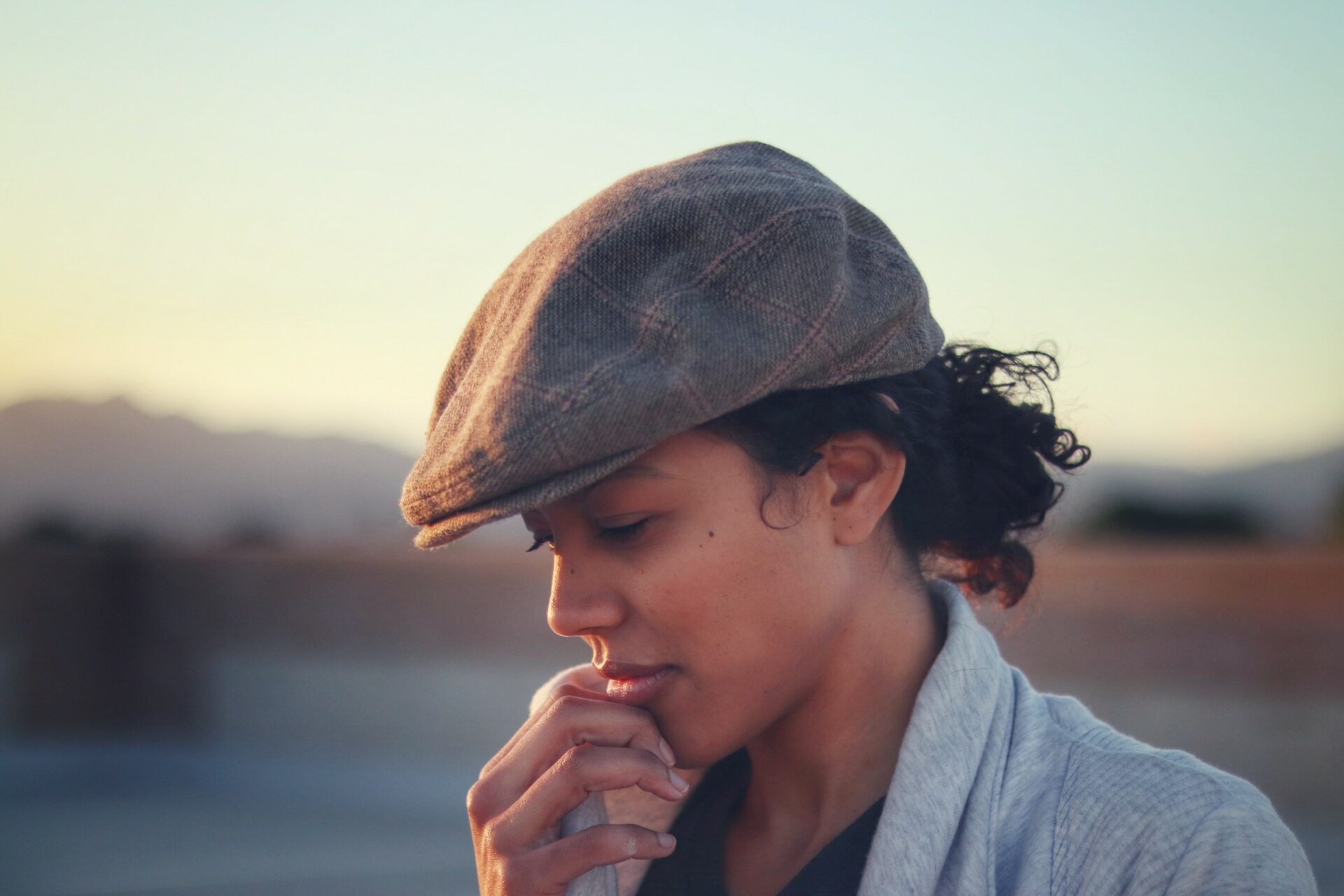
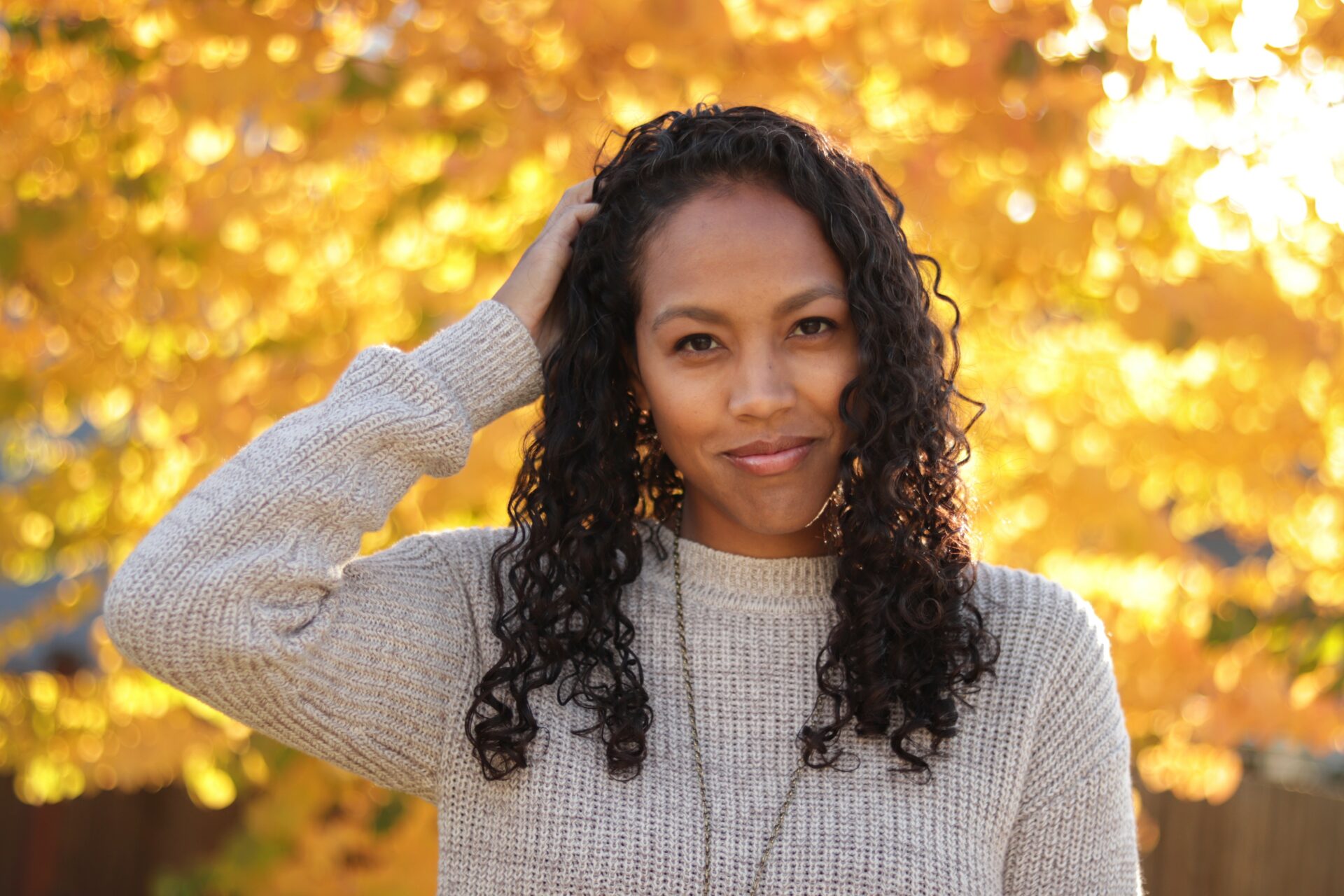
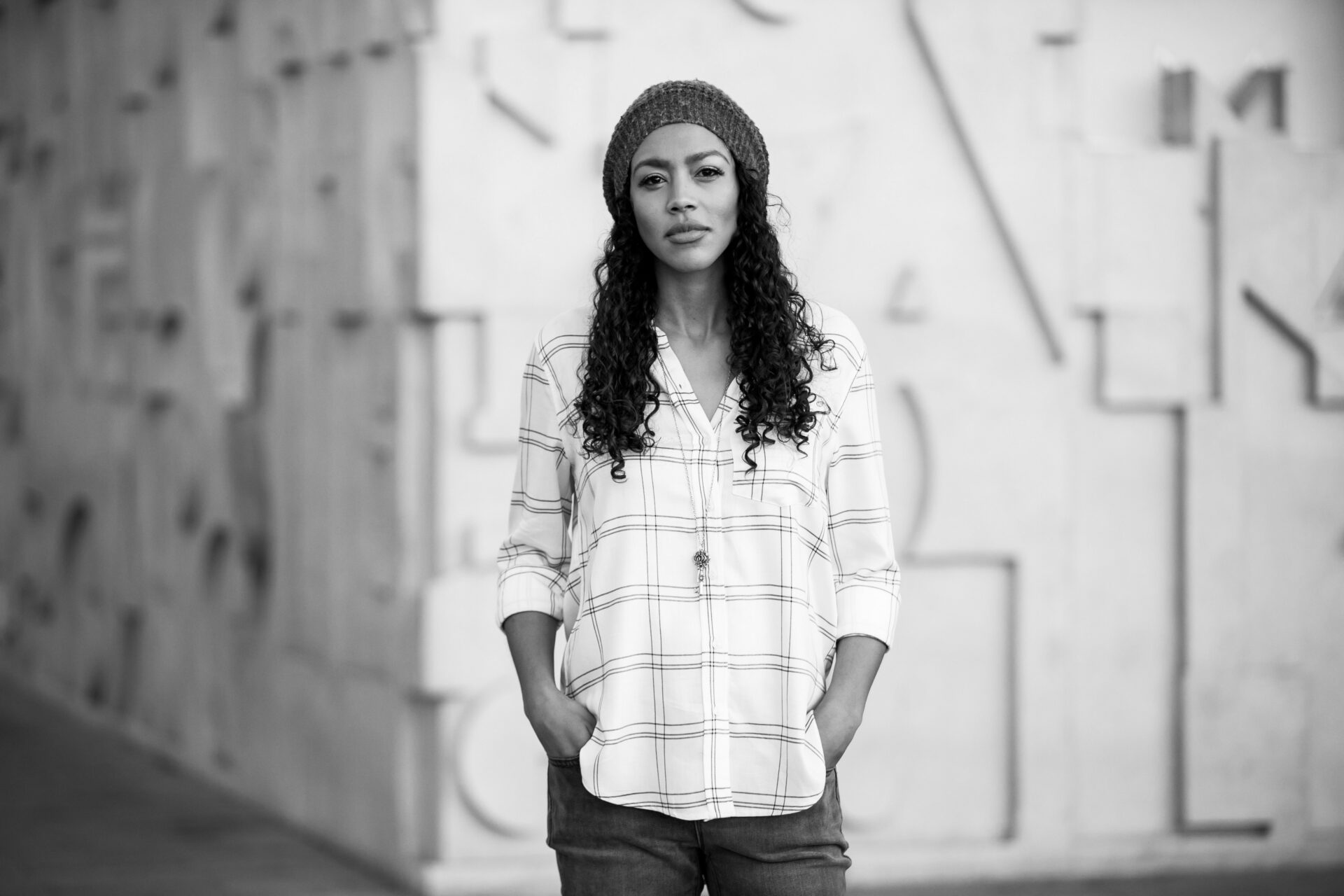
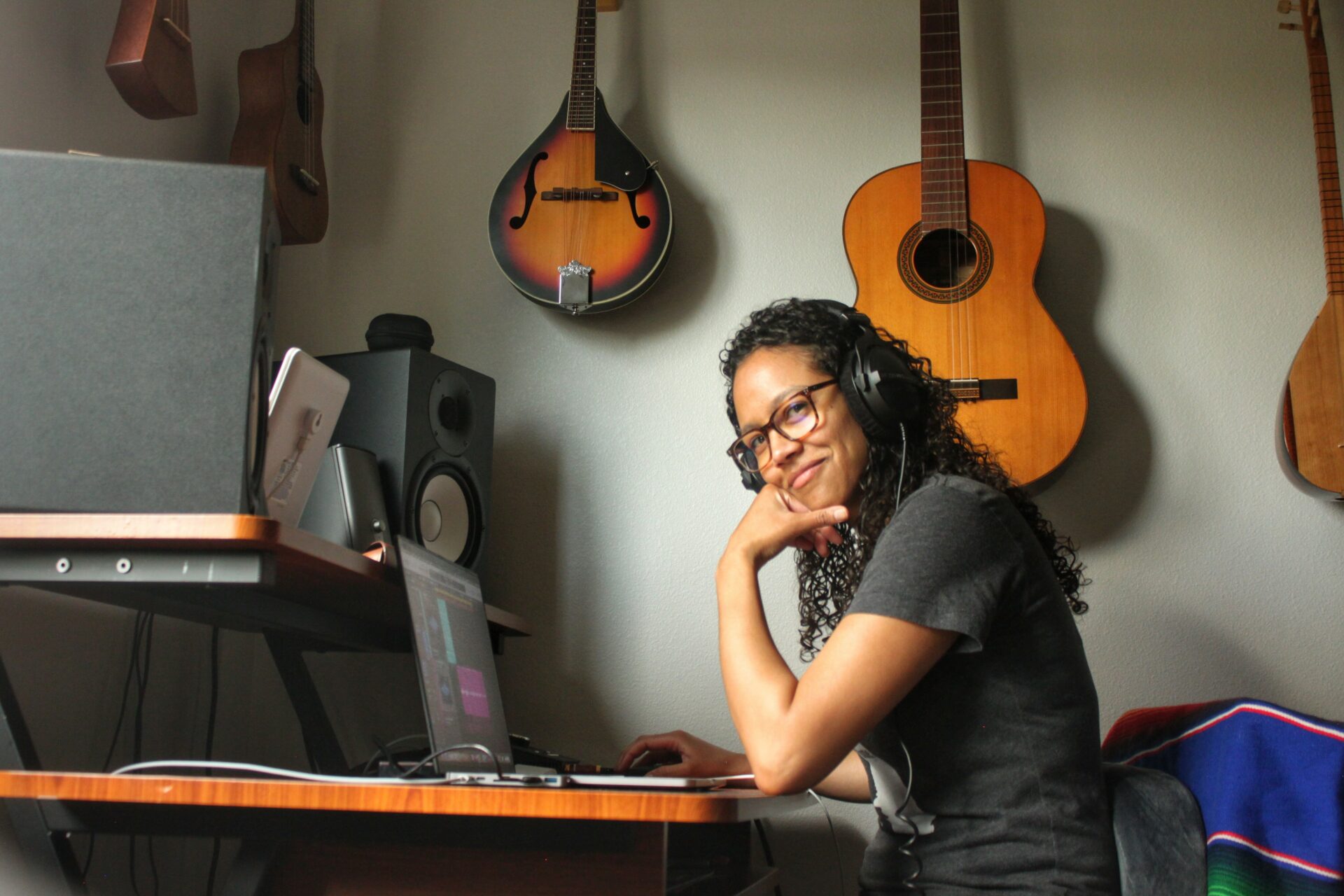
Image Credits
Last picture – BE Studios

